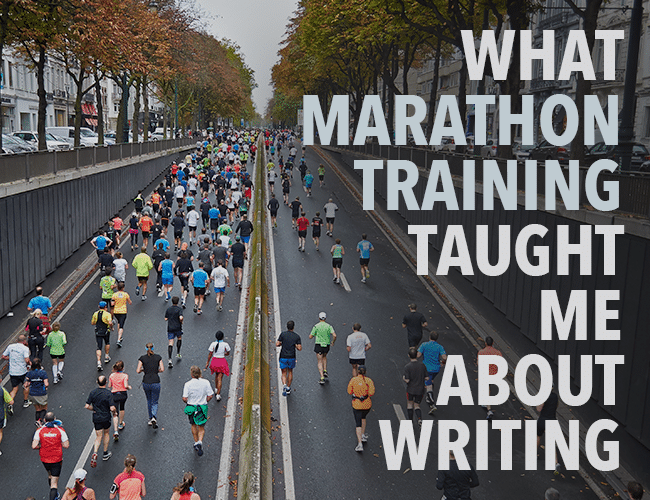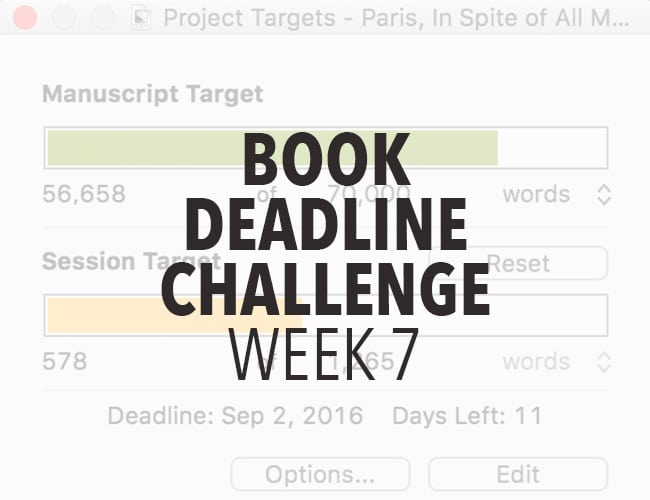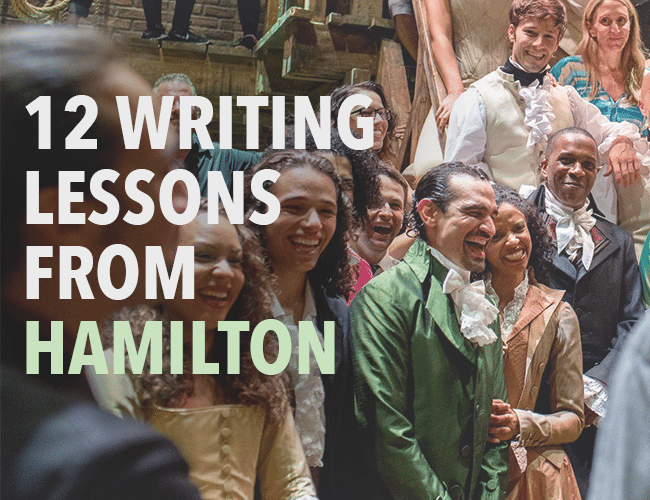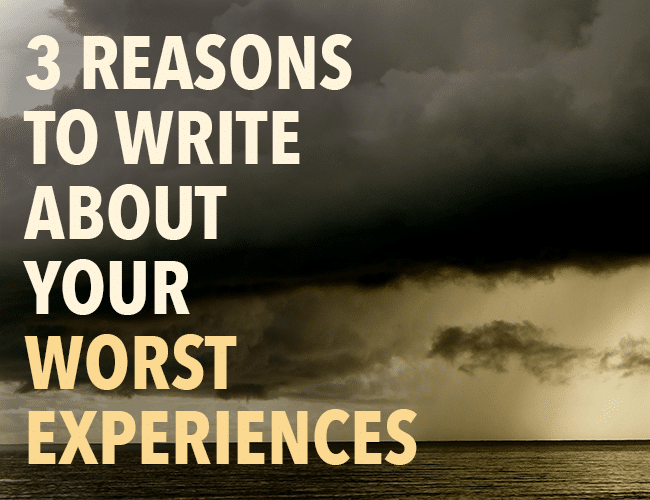I have been opposed to outlining since childhood. I distinctly remember a time in middle school when I was required to write essays and turn in my outline as well. I couldn’t do it.
The necessity of the outline had a paralyzing effect on me—I couldn’t write anything if I had to know everything I was going to write beforehand. I took bad grades on good essays because I refused to do the outline. (To me, that’s like taking points off a bicyclist at the Tour de France for not using training wheels, but my teacher didn’t see it that way.)
I know many writers who say they can’t write without an outline. While it can help people organize their thoughts, I don’t think it’s absolutely necessary for anyone.









